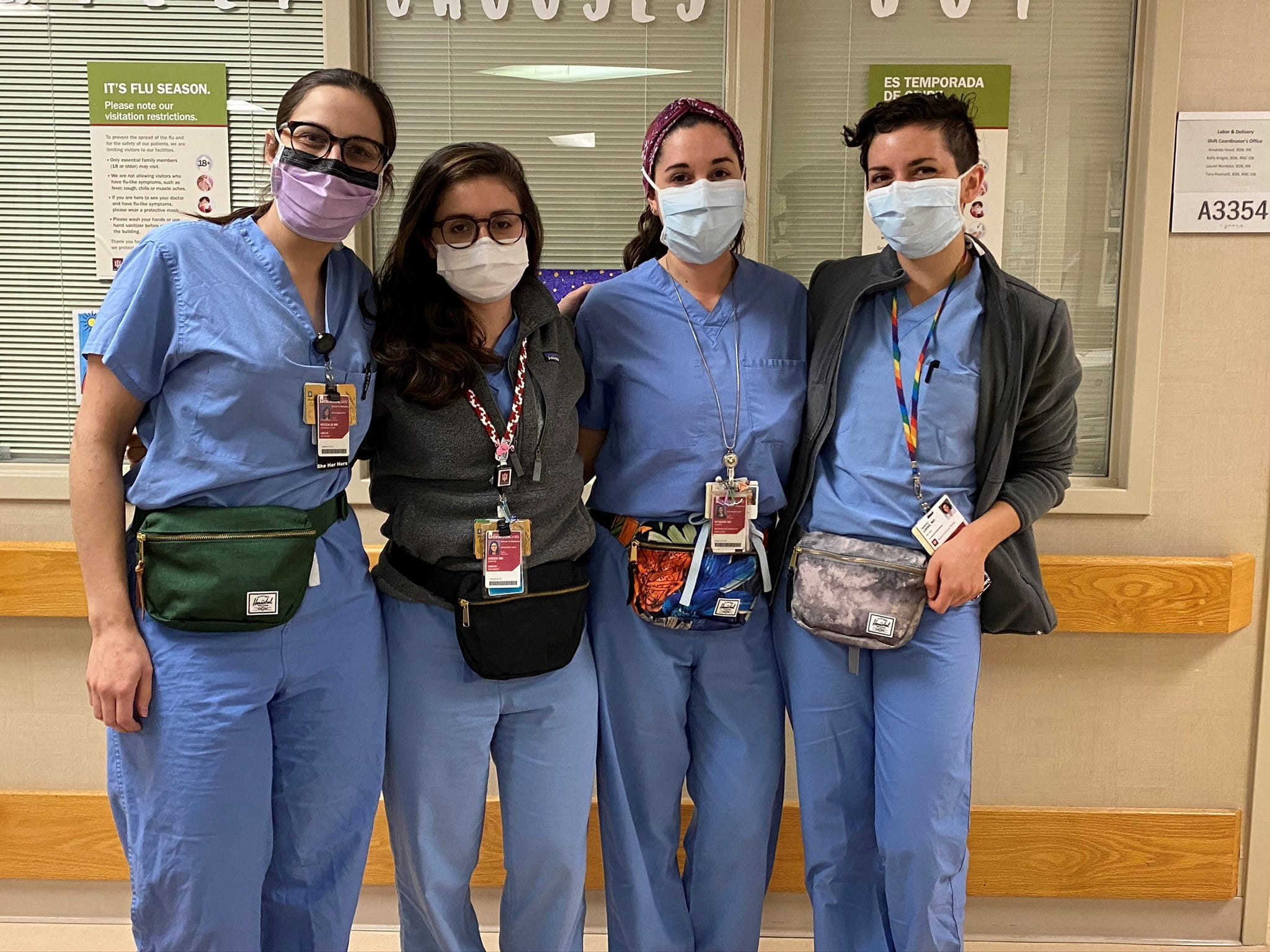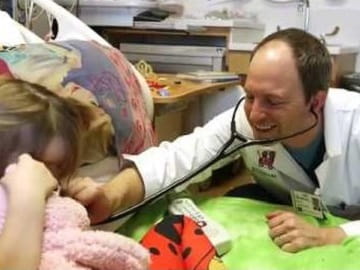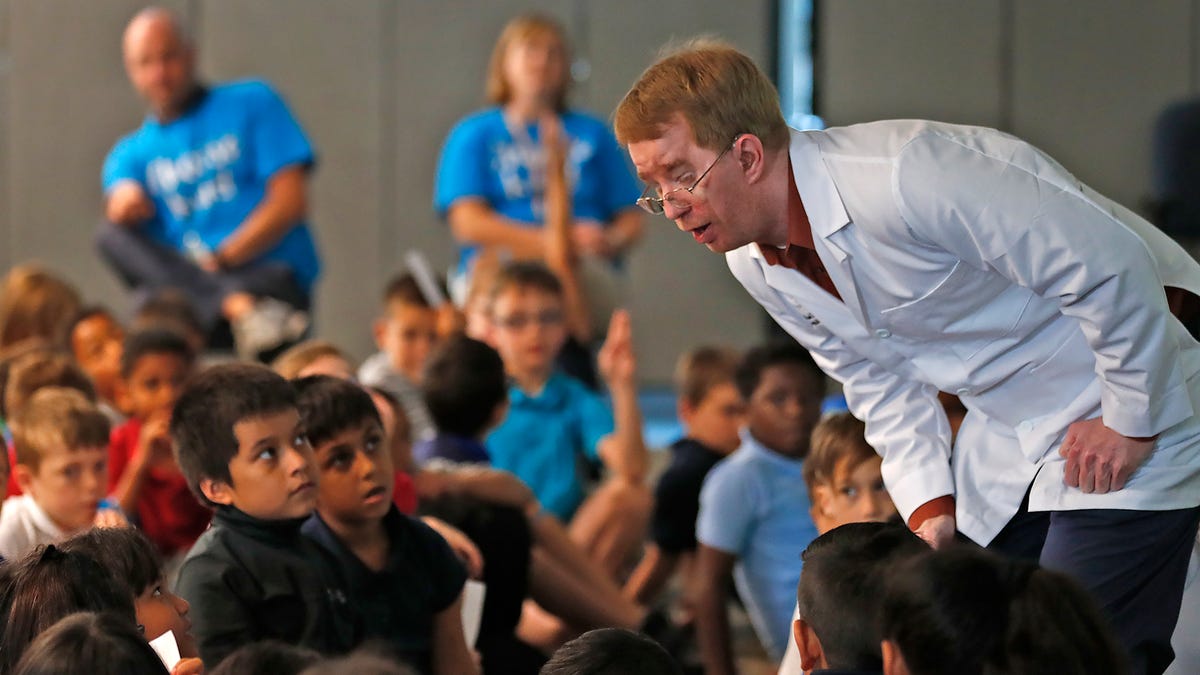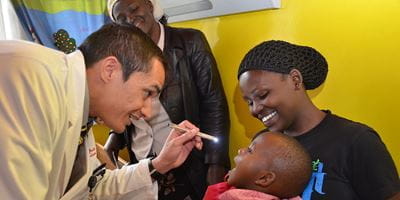The two-year Pediatric Hospital Medicine fellowship program is based at Riley Hospital for Children in Indianapolis, one of the nation’s top-ranked children’s hospitals. Fellows rotate at our free-standing children’s hospital and main community hospital. We offer three other optional community sites for electives, each providing various clinical experiences.
Our fellowship offers a Med-Peds Track for residents who completed a med-peds residency program and are interested in adding medicine experiences to their PHM fellowship. Please contact our program leadership for more information.



 IU School of Medicine provides many
IU School of Medicine provides many  PHM fellows may spend individualized curriculum (elective) time at Camp Riley during the summer months. Learn more on the
PHM fellows may spend individualized curriculum (elective) time at Camp Riley during the summer months. Learn more on the